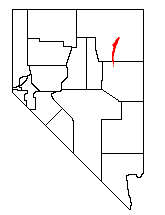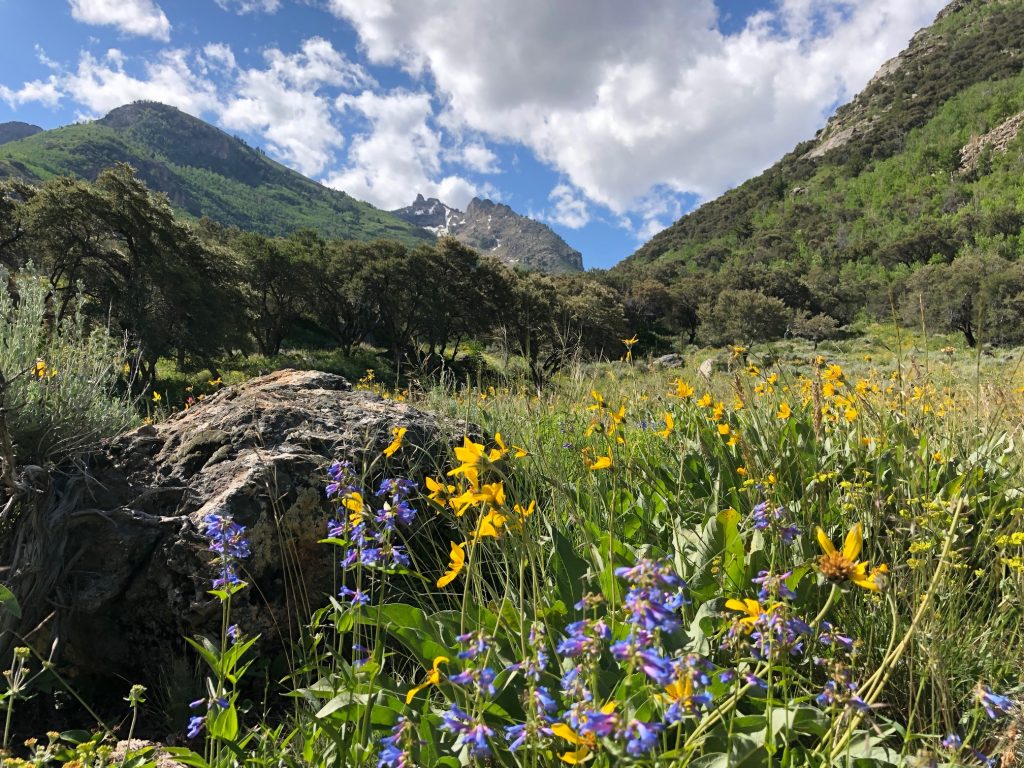
On this morning Your Call’s Media Roundtable, we’ll discuss coverage of gerrymandering. From Oregon to Texas, states are finalizing new congressional district maps ahead of the 2022 midterms. According to an analysis by the Washington Post, as of late November, the new maps in 15 states have already netted a double-digit increase in solidly Republican seats compared with previous maps there.
And this week, the United States Department of Justice filed a lawsuit against Texas over the state’s redrawn congressional and state legislative districts. The lawsuit alleges that the Texas redistricting plan violated the Voting Rights Act by discriminating against the state’s “growing minority electorate.” Joining us to discuss will be:
David Daley, journalist, senior fellow for FairVote, and author of Unrigged: How Americans Battled Back To Save Democracy.
Then we’ll cover the Biden administration’s renewable energy policies. According to a new analysis by the nonprofit Public Citizen, the Biden administration’s average monthly permits for oil and gas drilling on public lands are up more than 35% from when Trump took office in 2017. To discuss this and other climate policies, we’ll be joined by:
Sammy Roth, climate and energy reporter at the Los Angeles Times, and writer of the weekly Boiling Point newsletter.
Tune in at 91.7 FM in the San Francisco Bay Area or stream live at 10am PT. What comments or questions do you have for these reporters? Call 866-798-TALK to join the conversation!
One of the big — but often under-the-radar — environmental consequences of electing a Republican to the presidency is giving control over the nation’s vast public lands to the oil, gas and mining industries. And Trump has been no exception.
Since coming into office and appointing people like Ryan Zinke to run the Department of Interior, federal agencies have been working to open up vast public lands — mostly within the Forest Service and Bureau of Land Management (BLM) in the west — to coal and mineral mining, as well as oil and gas drilling. The Trump Administration is even trying to reverse Obama-era National Monument designations in places like Utah.
Many of these decisions are irreversible — once an area has been drilled, despoiled or mined, it may never come back in the same state, at least in our lifetimes. And the roads that cut through these areas to support these industrial operations in the wilderness usher in more development and destruction over time.

Location of the Ruby Mountains in Nevada
This summer I had an opportunity to visit and camp in one such area now under threat by Trump Administration policies. The Ruby Mountains are a little-known jewel in eastern Nevada near the small town of Elko off Interstate 80 (see map). They feature 11,000 foot peaks and incredible canyons, often aptly called the “Swiss Alps” of Nevada (see my photo above of Lamoille Canyon this June). By all rights these mountains should be a national monument or even a national park, but they’re currently Forest Service lands with BLM governing the subsurface — and therefore vulnerable to industrial exploitation.
And that’s what the Trump Administration is now ready to authorize. The BLM is set to allow oil and gas leasing across the Rubies, as E&E News reported. While the agency claims that well pads and drilling would occur outside the boundaries on adjacent lands, drilling opponents (including local sportsmen and environmentalists) argue that the “no surface occupancy” provision of the leases will not protect water and wildlife in the mountains.
It’s just one more loss for the public with the despoiling of these areas. These policies also have a large cumulative impact on the climate. Research by Peter Erickson and Michael Lazarus of the nonprofit Stockholm Environment Institute published in the journal Climatic Change showed that leaving all that oil, gas and coal in the ground in our public lands could save 280 metric tons of carbon dioxide per year by 2030, equivalent to about 5 percent of total U.S. emissions.
Hopefully a coalition of opponents and some strategic lawsuits can halt these leases and reverse some of the broader policies. At the very least, they may be able to stall the projects long enough until we get a political change. Because as long as modern-day Republicans hold office, our public lands will continue to face this kind of industrial exploitation.



